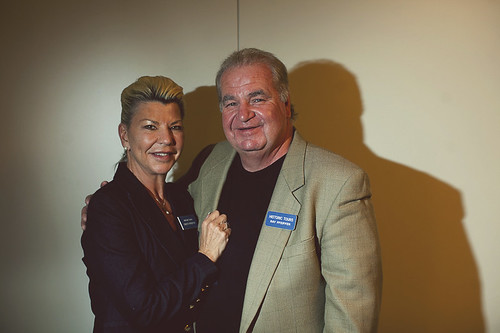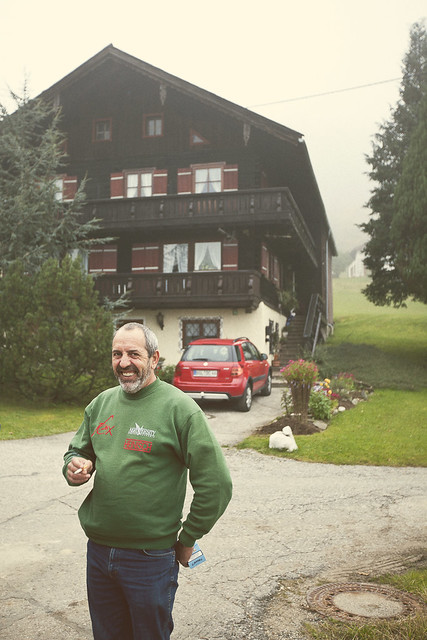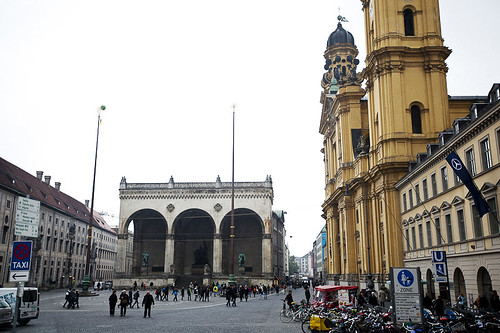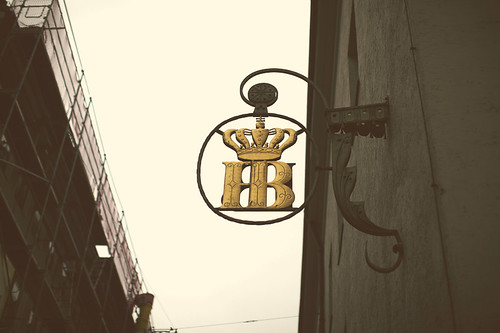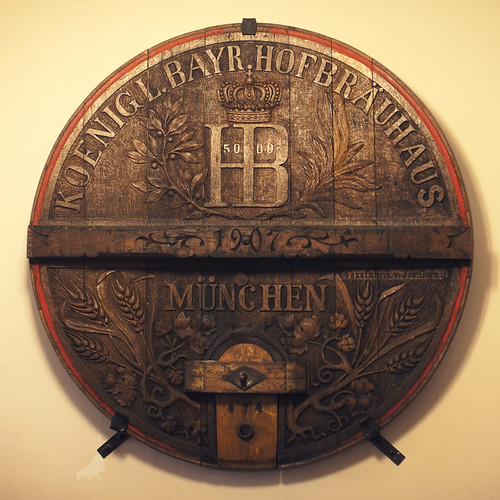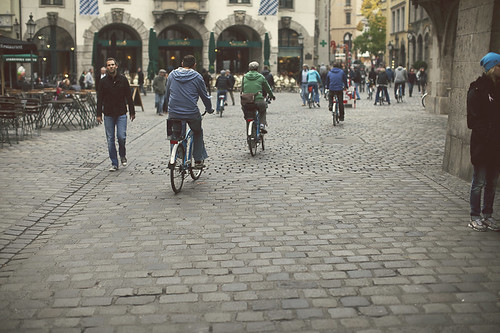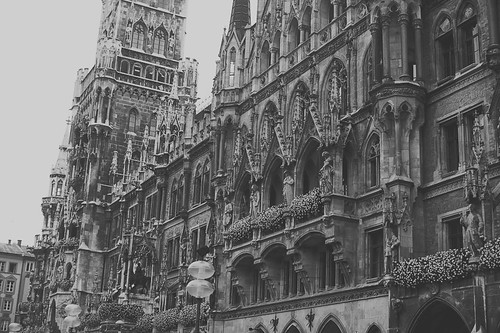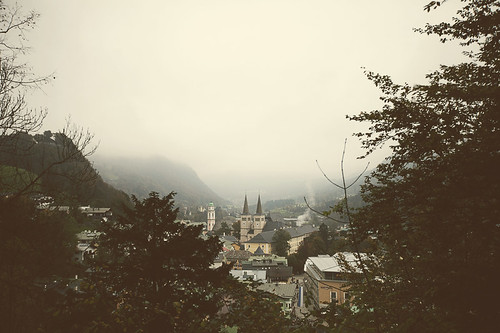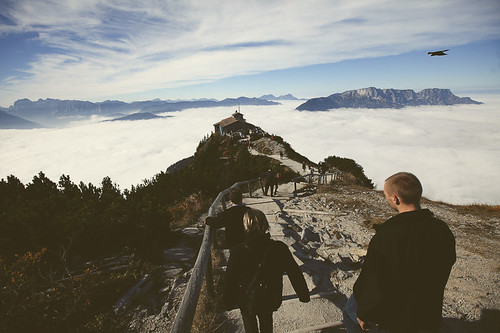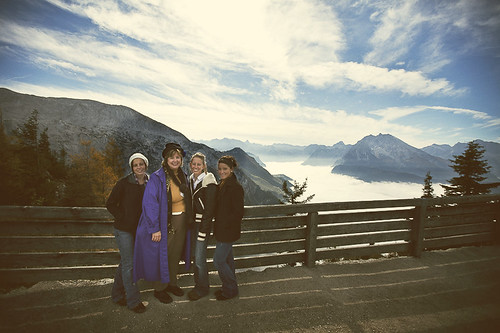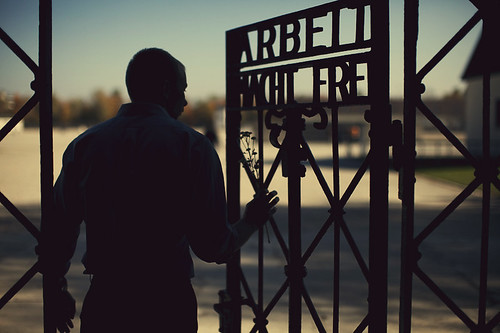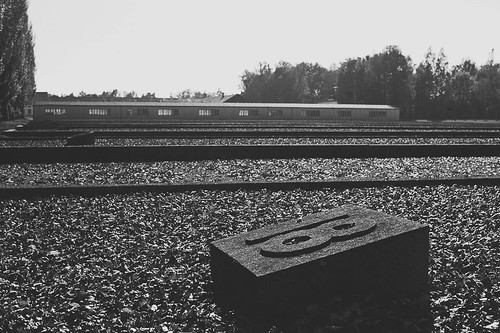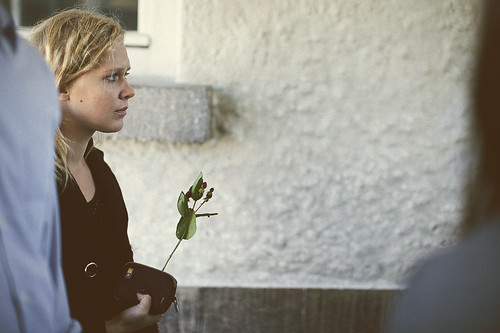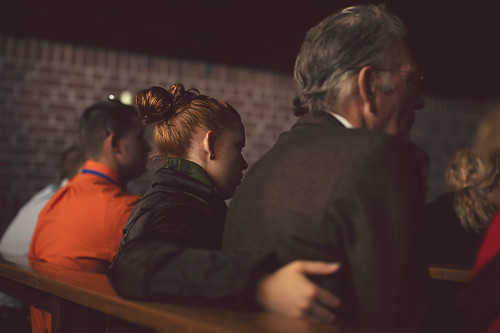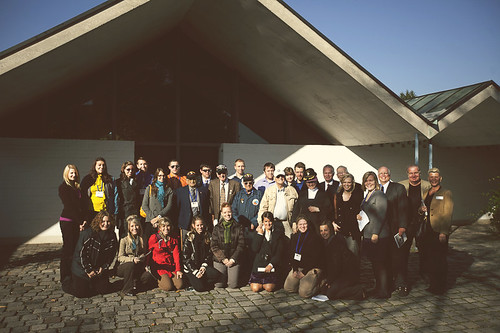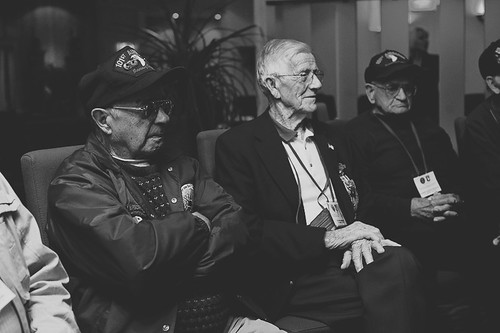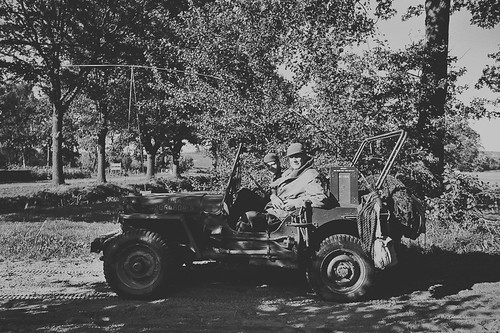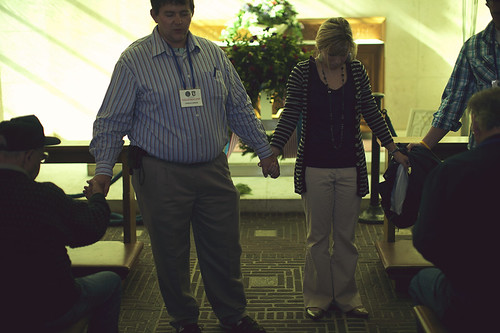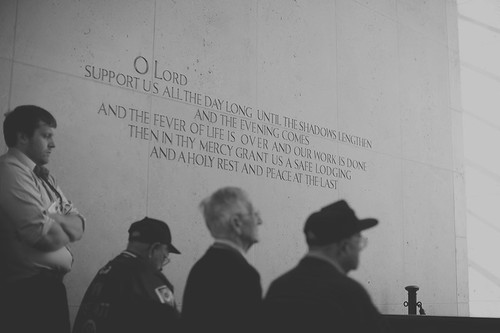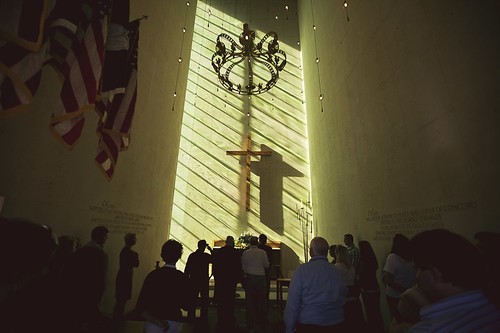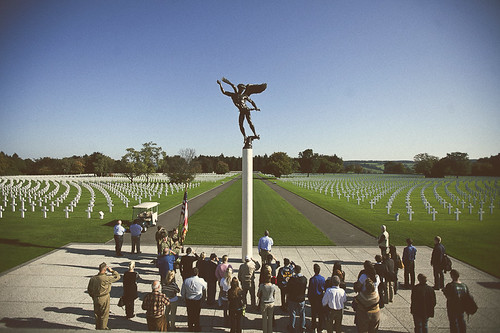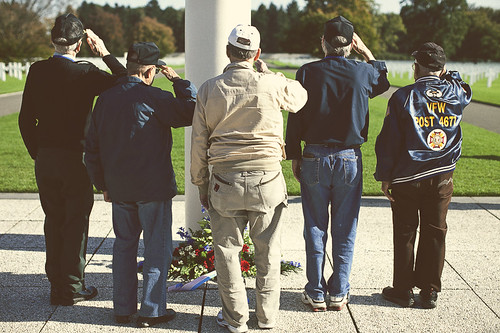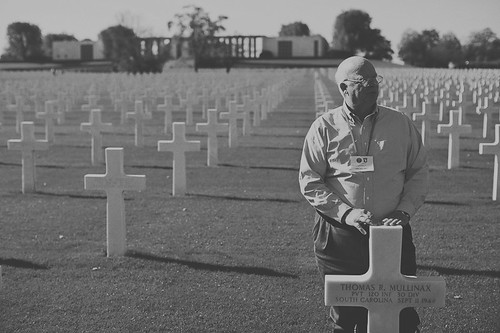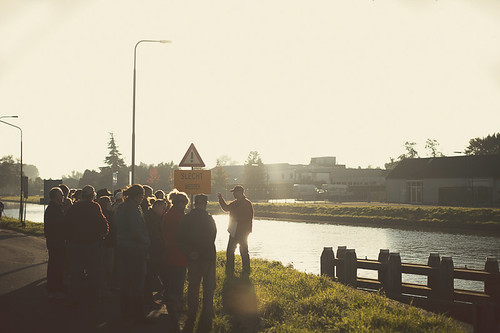


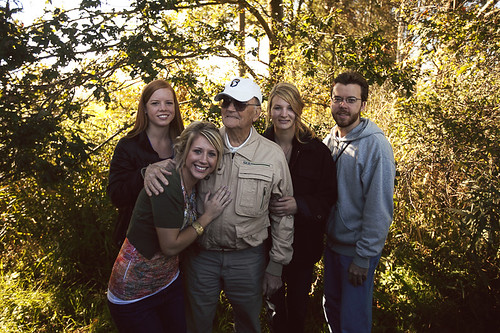

Today we stepped into September of 1944. We spent the day following the footsteps of the 101st Airborne’s “Market Garden” operation. We had two Dutch experts on the 101st travel with us and give us an in-depth history of the operation. These men, along with the veterans’ experiences, gave us a full view of the fighting that went on in this now peaceful land.
Mr. Bill Colwell was sixteen years old when he jumped into the Netherlands in Operation Market Garden. At the age when most American kids have just gotten their drivers’ licenses, Mr. Colwell was manning machine guns and following his commanding officers into extreme conditions. He had his machine gun trained on German snipers when his commanding officer, Lieutenant Colonel Robert G. Cole, ran by and yelled out to him, “Trooper, grab that end!” Mr. Colwell obeyed and grabbed the other side of the sun panel that was to be a marker for the Allied planes. Moments after the two placed the panel, Mr. Colwell witnessed LTC Cole’s death by a bullet of a German sniper. Cole was awarded the Congressional Medal of Honor for his heroic actions in combat.
Erwin, one of our wonderful Dutch experts, spent time researching the details of Mr. Alvin Henderson’s platoon, and he actually found the spot where Mr. Henderson was taken captive during Market Garden. We drove to that spot earlier today, and as Mr. Henderson looked over the calm, green fields, he told us the story of his capture. His platoon leader sent Mr. Henderson and two other men to scout the area, and while on this mission, one of the troopers was shot. The other trooper ran back to the rest of the platoon, but Mr. Henderson stayed with his wounded comrade. He ripped open his buddy’s pant-leg to check the wound and gave him a shot of morphine for the pain. Mr. Henderson said he looked up and saw a funny look on his buddy’s face. When he turned around, he saw a German soldier pointing a gun at the two of them. Mr. Henderson believes that his life was spared because he followed the motto, “Never leave a man behind” and went back for his fellow paratrooper.
Mr. Henderson survived to tell the story, but the other soldier later died of gangrene in the POW camp. As for that third trooper, he went back to base and told his platoon that the two troopers had been killed by the Germans. Mr. Henderson discovered this when he attended a reunion of the 101st, and no one there recognized him. When he told them his name, shocked faces looked back at him because they thought he had died during Market Garden. At the end of his story, Mr. Henderson spoke about having a clear conscience about the incident. He said, “Everyday when I shave, I can look in the mirror and know I did what I was supposed to do.”
We ended the day at “Coffin Corner,” and Mr. John Cipolla shared an incredible story of God’s Providence. Mr. Cipolla and a buddy were out on a dike, and his buddy was “messing around” trying to discover how to fire a recently discovered British weapon when it accidentally discharged. The two men looked up and saw that the shot hit and disabled a German tank, and effectively stalled the two tanks following it down the narrow dike road. While they were stalled, John and the other trooper ran around and took out the remaining tanks.
These stories are just a small percentage of what these men have shared with us in the short time we’ve been travelling with them. The brave actions of all our veterans help us realize the true sacrifice of those who fought in World War II. With each new story, we realize more and more the importance of sharing these stories with future generations so that as Tom, our other Dutch expert said, “We don’t forget.”
Kiley Jurgena and Emma Martin
